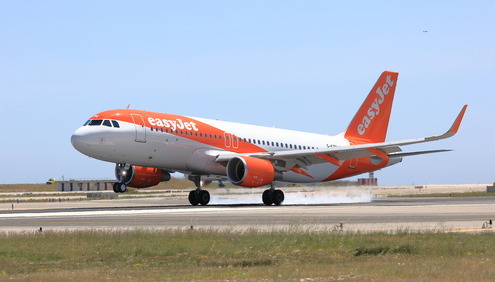Companies across Europe and beyond are struggling to find answers to the myriad questions that have emerged in the wake of the unexpected UK vote to leave the European Union. One of the few things that can be said with any degree of confidence at this stage is that this period of uncertainty will last for weeks and months as political, economic and institutional relations between the UK and Europe are redefined.
One of the first companies to speak out on the concrete impact of the Brexit vote is easyJet. The airline said it was anticipating economic and consumer uncertainty this summer due to the Brexit vote and as a consequence it expected that revenue per seat at constant currency in the second half would be down by at least a mid-single digit percentage compared to the second half of 2015. In addition, it indicated that recent movements in fuel prices and exchange rates are now expected to add around £25m of additional cost in the year to that guided at the Half Year Results.
CEO Carolyn McCall put on a brave face, declaring: “We remain confident in the strength of easyJet’s business model and our ability to continue to deliver our successful strategy and our leading returns.” The company says it is confident that the vote will not have “a material impact on its strategy or its ability to deliver long-term sustainable earnings growth and returns to shareholders”.
The company’s initial focus, it says, will be to accelerate discussions with UK and EU governments and regulators to ensure that the UK remains part of the single EU aviation market, allowing EU airlines to fly freely within the UK and between the UK and EU, and enabling UK airlines to fly freely across Europe.
Whatever the future may hold, the Brexit vote adds yet another dimension to an operating environment that the airline descibes as “extremely challenging” due to strikes, runway and congestion issues at Gatwick airport and severe weather. The company announced that revenue per seat at constant currency in the third quarter would fall by around 8.6%, compared to the approximately 7% decrease guided at the half year results, as disrupted passengers were allocated seats that normally would have been sold close to departure for a higher yield.

